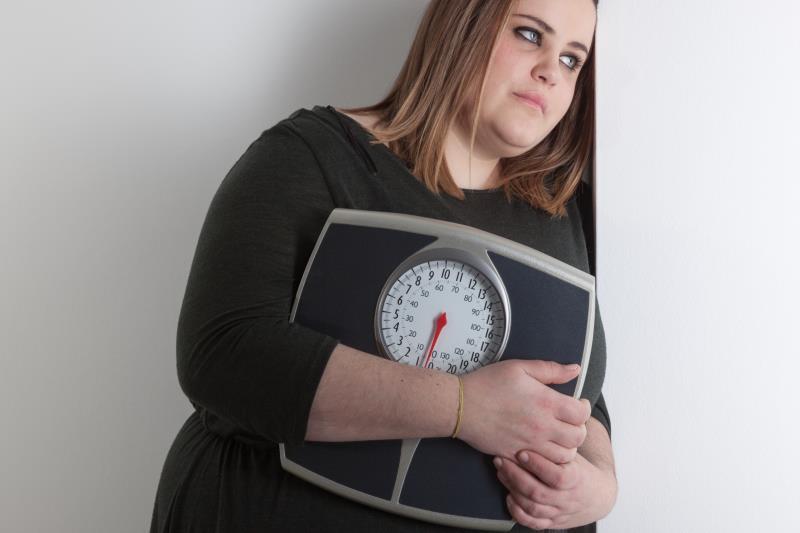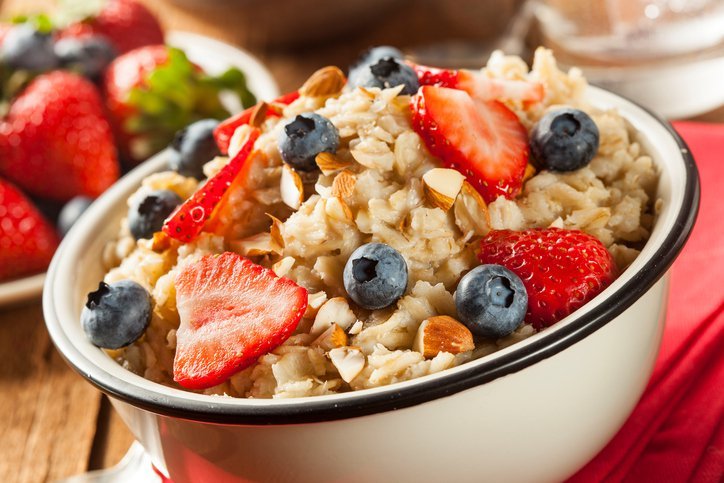Contents:
- Medical Video: Children's Rehabilitation: Learning to Eat
- The cause of the child eating is not chewed
- What are the consequences if the child is not eating frequently?
- Tips for dealing with children who do not want to chew their food
Medical Video: Children's Rehabilitation: Learning to Eat
Eating is a learning process that has been started since a baby. At the age of 6 months, babies are generally able to be introduced to solid foods complementary to breast milk (MPASI). Then over time, children will gradually learn to recognize the texture, consistency, taste, smell, and type of food according to their development. Unfortunately, some parents may experience obstacles in which children have difficulty eating, eating food, or children not eating chewed. So, how do you deal with a child who behaves like that? Find out the tips in this article.
The cause of the child eating is not chewed
The child may choose to just swallow his food without chewing. Or the child just chews it up, then swallows it immediately. There are many causes for children not to chew. Some of the most common include:
- Accustomed to soft foods such as baby porridge so that when given solid or coarse or dry textured food, he has difficulty chewing.
- The food given is less "challenging" to chew because the food consumed is just that, for example, less spicy or tasteless.
- Children are traumatized because parents force children to swallow food they don't like.
- Children don't focus when eating. For example because of eating while watching television orgadget,or disturbed due to other people's activities that attract children's attention. It could also be because children are used to eating while playing, walking, or running around.
- Children have dental and mouth problems, such as toothache, toothless teeth, canker sores, etc.
What are the consequences if the child is not eating frequently?
As a parent, you should be vigilant if your child often does not chew well. Because, there are various problems that can be caused by children often swallowing their food without being chewed first.
The most serious medical problem is a blockage of the airway, which can lead to death from choking. According to the Journal of Pediatric Health, children aged 1-3 years are most susceptible to this problem.
In addition, children will also be more susceptible to digestive problems such as constipation (difficulty urinating) and also malnutrition (malnutrition) because nutrients from food are not completely absorbed by the body.
Tips for dealing with children who do not want to chew their food
Here are some things you can do so that your child no longer swallows his food without chewing first.
- Food menu variations. Serve a variety of food menus for children and don't get lost quickly if your child refuses. If the child does not like to eat hard textures, you can serve the rice team or eat soup so that it can make it easier to chew.
- Build a comfortable dining atmosphere. When children eat, keep children away from sources of interference, for example eating in front of the TV or while playing.
- A little but often. Limit the child's meal time to no more than 30 minutes even though he hasn't finished eating. It doesn't matter if the child eats in small portions. Provided you can make sure he eats more often. You can get children to eat consistently, which is three heavy meals with two healthy snack breaks.
- Do not force. The more relaxed you face this child's behavior, the fussiness of the child slowly will definitely decrease. So, wait a moment and try again with a happy and positive attitude.
- See a doctor. If you suspect your child is not chewing food because of certain health problems, immediately visit a pediatrician so that your child can get the right diagnosis.













